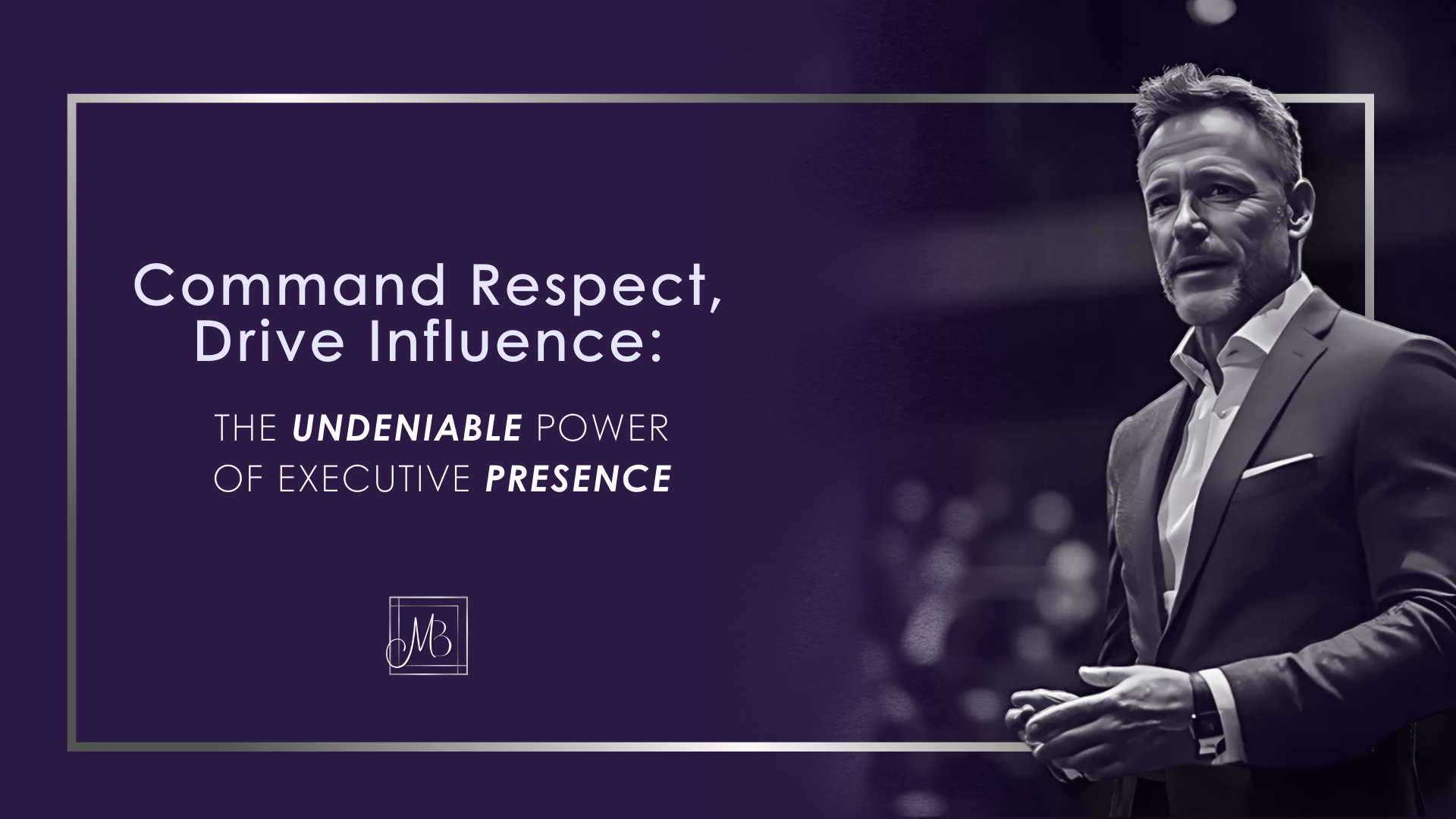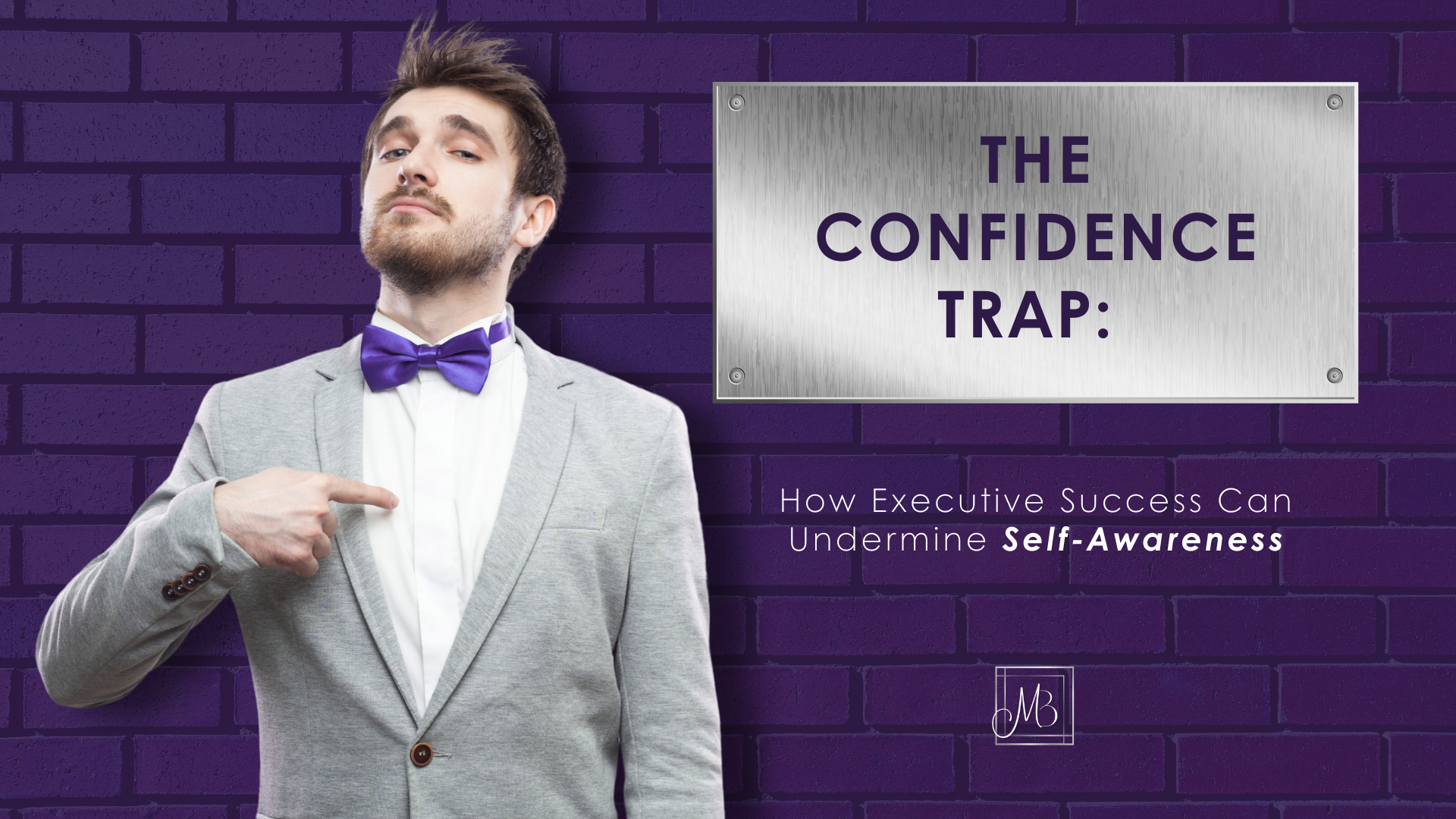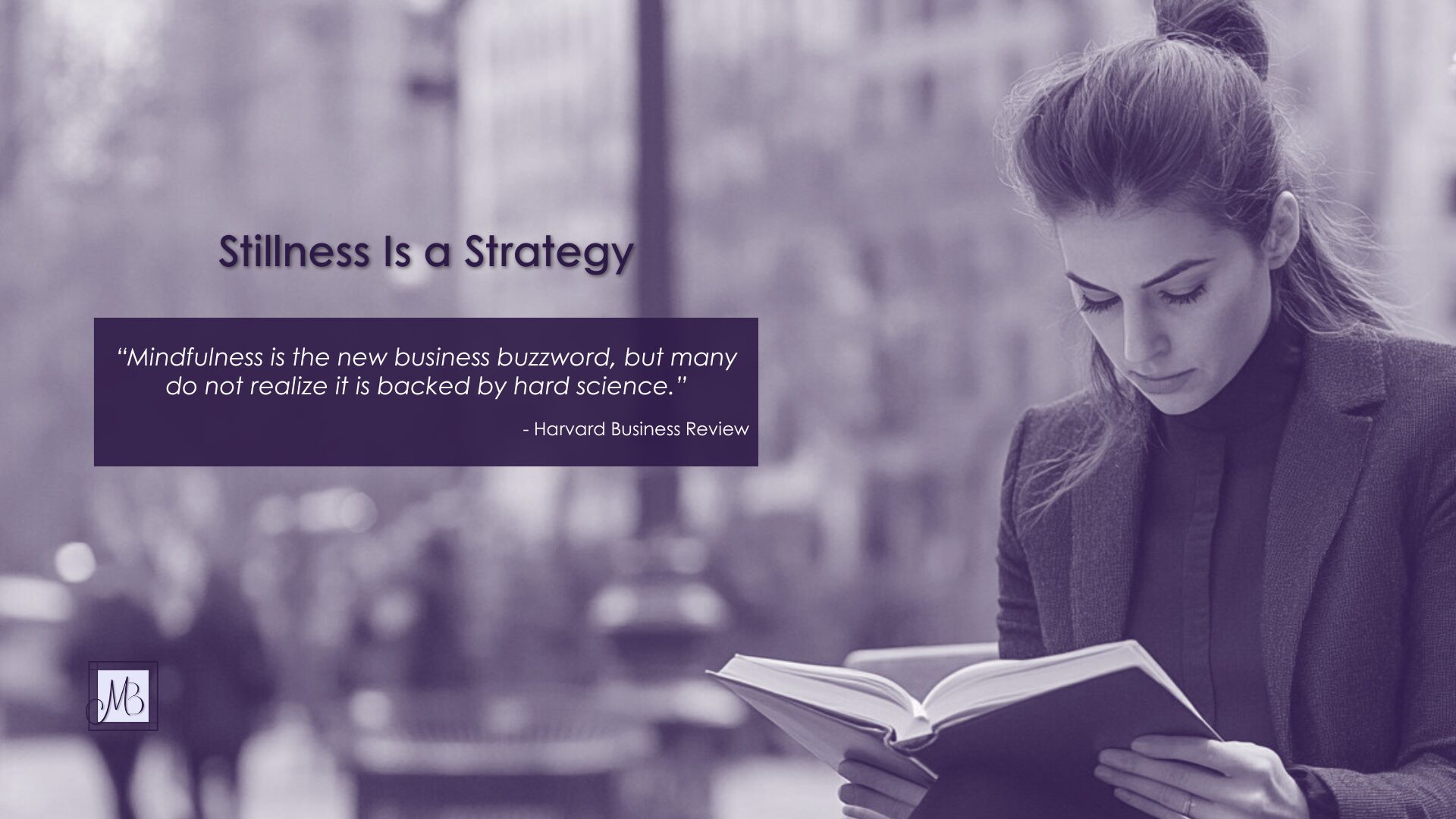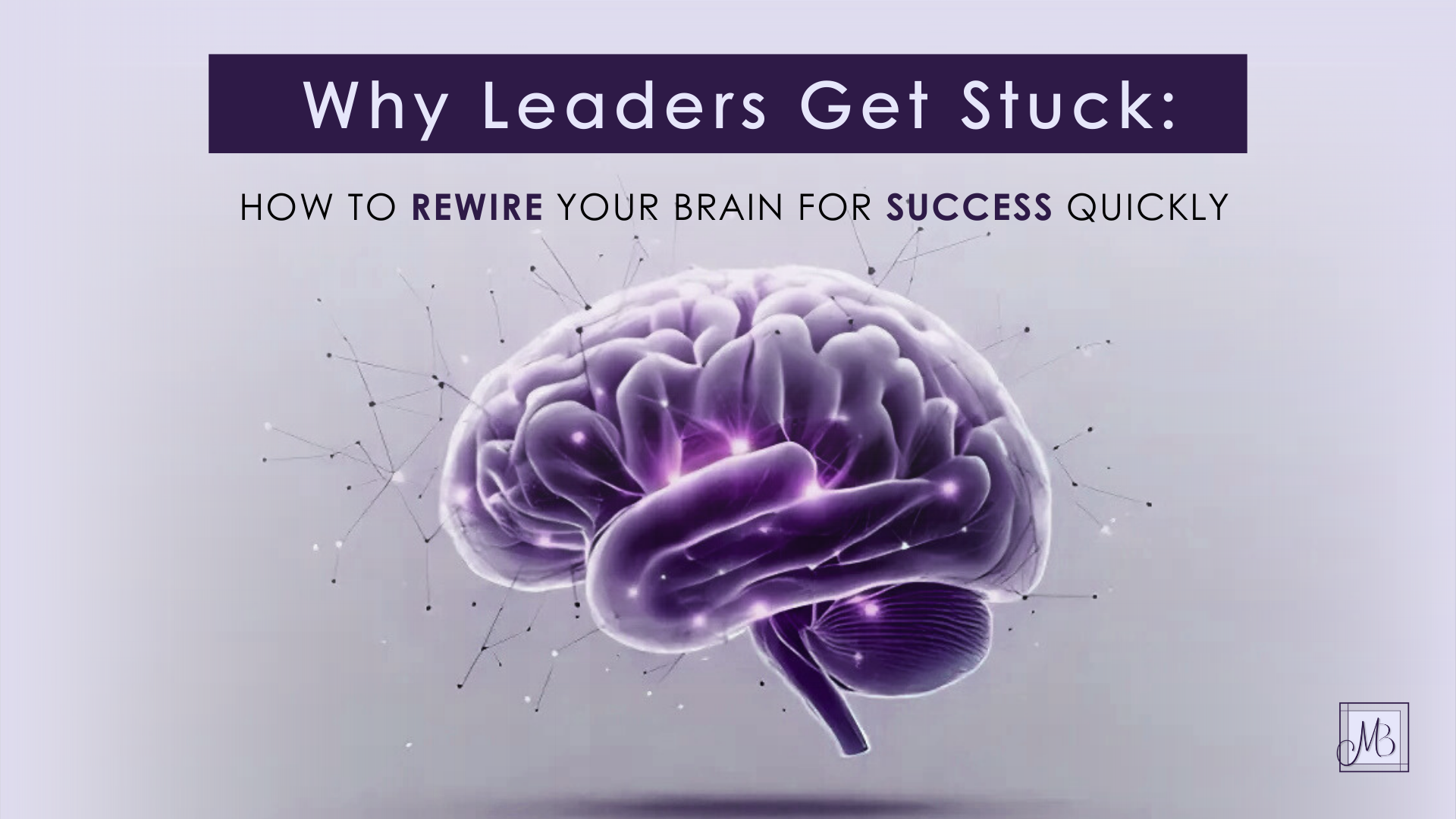Imposter Syndrome is persistent self-doubt despite success. It’s a common challenge for high achievers in fast-paced environments. While success might seem inevitable for some, many struggle internally, feeling like they’re constantly at risk of being exposed as fraud. This insecurity can hinder personal and professional growth. The key isn’t to mask it—but to manage it using emotional intelligence tools. By understanding and mastering EI, professionals can overcome imposter syndrome and unlock greater self-awareness and resilience, leading to a more hopeful and inspired career path. Working with an executive coach provides a powerful, structured way to develop emotional intelligence and the confidence to thrive, regardless of challenges.
Understanding Imposter Syndrome
Imposter Syndrome is a psychological phenomenon that affects professionals across industries, from entry-level employees to C-suite executives. Even after success, people with imposter syndrome often doubt themselves. They credit luck or others—not their own skills. Symptoms of Imposter Syndrome:
- Perfectionism – Leads to procrastination or inaction.
- Fear of failure – Causes avoidance of new challenges.
- Overworking to prove worth – Results in burnout and stress.
- Fear of being exposed as incompetent – Triggers anxiety and self-doubt.
- Difficulty internalizing success – Creates feelings of being stuck, unable to move forward.
Real-life Examples:
The Business Owner’s Struggle with Visibility I have a client, a successful business owner, generating close to $1 million annually. Despite this, she remains stagnant when we discuss the need for increased visibility to expand her reach and drive engagement through social media. We’ve time-blocked her calendar to ensure she has dedicated time for content creation, brainstormed topics for her to go live weekly, and even curated a list of podcasts she could pitch. We recently hired a social media manager to help get these initiatives off the ground. Yet, during a mastermind session, I heard her asking another coach how to get things done—acknowledging all the steps we’d already laid out. The coach’s suggestion was eye-opening and compelling: she must commit herself. She consistently shows up for her clients, husband, and friends but struggles to do the same for herself. Her excuse is, “I’m an innovator, not a doer.” This screams fear of failure, though she doesn’t recognize it.
The Financial Expert’s Reluctance to Share Her Expertise:
Another client of mine, a financial expert well-regarded in her field, has similar challenges. We frequently discuss ways for her to leverage her network by offering free educational sessions, driving thought leadership, and opening new business opportunities. Despite regularly developing excellent ideas, she has yet to act on them. This hesitation stems from not seeing herself as someone with valuable insight, even though her work has generated tangible ROI for the companies she serves. This, too, is imposter syndrome in action, though she doesn’t realize it.
The Over worker Seeking Validation:
One of my clients approached me wanting to build enough confidence in her capabilities to ask her boss for a raise. As we worked together, it became clear that she was overworking to prove her worth, leading to burnout and stress. We focused on helping her become comfortable in her skin, and when she finally asked for the raise, her manager agreed in under 60 seconds. Despite this success, she still didn’t fully grasp her value until the company began experiencing issues, and an equity firm turned to her for assistance in transitioning the business. Emotional intelligence helped her recognize her worth and embrace her contributions.
These examples highlight how imposter syndrome can manifest differently—whether through inaction, undervaluing oneself, or overworking to prove worth. Left unchecked, these patterns can significantly hinder professional growth, limiting opportunities and potential. Understanding the impact of imposter syndrome is the first step in overcoming it.
The Impact on Professional Growth
Unchecked imposter syndrome can profoundly impact an individual’s performance and career trajectory. Many professionals shy away from leadership opportunities, fear taking risks, or avoid difficult conversations due to a perceived lack of competency.
Emotional Intelligence as a Tool for Overcoming Imposter Syndrome
EI is the ability to recognize, understand, and manage our emotions and those of others. It consists of several key components: self-awareness, self-regulation, motivation, empathy, and social skills. Developing EI offers a pathway to overcoming imposter syndrome because it equips individuals to understand and manage their internal narratives and emotional responses.
How Emotional Intelligence Helps Combat Imposter Syndrome
- Self-awareness: This helps individuals recognize and label the emotions associated with imposter syndrome (e.g., anxiety, fear, and self-doubt). It is often the first step in addressing and managing these emotions.
- Self-regulation: Supports the management of negative thoughts and emotions, reducing the likelihood of self-sabotaging behaviors such as procrastination or overworking.
- Empathy: Enables individuals to shift focus from their perceived shortcomings to understanding and connecting with others, reducing self-centered anxieties.
- Social skills: Develop stronger relationships, seek help, and express concerns productively. These are crucial for building a support network.
Discuss the importance of high emotional intelligence in leadership and how individuals with strong EI are likelier to lead confidently and foster collaborative, trusting environments.
Developing Emotional Intelligence and Managing Imposter Syndrome
Executive coaching provides a structured environment to develop emotional intelligence and address the root causes of imposter syndrome. Unlike self-guided learning or traditional training, executive coaching offers a personalized approach that meets professionals where they are in their journey, focusing on their unique strengths, weaknesses, and challenges.
Executive coaches are uniquely positioned to help individuals tackle imposter syndrome by fostering emotional intelligence in a personalized and intentional way. While self-guided learning may offer surface-level insights, executive coaching delves deeper, providing tailored strategies to confront specific challenges head-on. Central to this approach is the ability to identify and reframe limiting beliefs—those subtle but powerful thoughts that perpetuate feelings of inadequacy and self-doubt.
Reframe Limiting Beliefs
One of the foundational roles of an executive coach is helping clients identify and challenge the limiting beliefs that fuel imposter syndrome. Often, high-performing individuals are unaware of how deeply ingrained these beliefs are—such as the fear of being exposed as inadequate or the notion that their success is due to external factors, not their competence. The executive coach uses reflection and targeted questioning to uncover subconscious beliefs through reflective conversations, assessments, and targeted questioning.
Once identified, the executive coach works with the client to reframe these thoughts into more empowering narratives. For example, instead of believing, “I’m not experienced enough to lead this project,” a client can learn to shift the perspective to “I bring valuable insights and skills that will help guide this project to success.” By transforming these limiting beliefs into realistic, empowering statements, clients begin to see themselves more clearly and confidently, a critical step in overcoming imposter syndrome.
Addressing Challenges and Shifting Mindset
As clients recognize their limiting beliefs, they often encounter deep-seated mindset challenges. These include perfectionism, fear of failure, and the need for external validation—hallmarks of imposter syndrome. An executive coach helps clients navigate these challenges by cultivating emotional intelligence skills, notably self-awareness and self-regulation. Through carefully structured exercises, such as journaling or reflecting on past successes and failures, coaches guide clients to recognize their emotional triggers and automatic responses. For instance, clients might realize they procrastinate not out of laziness but out of fear of not meeting their high internal standards. With this awareness, the executive coach can help the client build healthier responses to those triggers. This process enables the client to move beyond a fear-based mindset and approach challenges with greater resilience and self-assurance.
Creating Action Plans and Accountability
After identifying limiting beliefs, the client works with an executive coach to build a personalized action plan. This plan outlines clear, measurable goals for personal and professional development. The coach ensures that these goals are realistic, aligned with the client’s strengths, and focused on overcoming imposter syndrome in practical ways. For example, a client struggling with public speaking due to self-doubt might commit to leading a presentation or networking event within a set timeframe. The executive coach helps the client define these goals and holds them accountable for making progress. Regular check-ins and progress evaluations keep the client on track, ensuring they are consistently moving toward greater confidence and effectiveness. This accountability fosters a commitment to personal growth, empowering the client to break free from imposter syndrome and lead with emotional intelligence.
Shifting Mindset for Scalable Success
One of my clients is a serial entrepreneur, having successfully built and exited multiple businesses. On the surface, she appeared confident and capable—hardly someone you’d associate with imposter syndrome. However, as we began working on refining her messaging to engage potential clients, we uncovered a disconnect. While she intellectually understood that her target market needed to be a specific type of client (let’s call them “Client X”) to ensure profitability and scalability, she was emotionally drawn to working with a different kind of client (“Client Y”). The challenge? Client Y, while fulfilling, represented a niche market that would be difficult to scale.
Through our coaching sessions, it became clear that this attraction to Client Y was rooted in her comfort zone—she was more familiar with their needs and found it easier to connect with them. This realization helped her acknowledge the mindset she needed to shift to grow her business. We reworked her messaging and value proposition to target Client X effectively without compromising her authenticity. To further support her, I had her directly consult with several individuals in Client X’s space, gathering unfiltered feedback on what they truly needed and how she could meet those needs. This exercise refined her approach and reinforced her confidence in serving the right market.
This example illustrates that even the most successful professionals can benefit from mindset shifts and accountability. Executive coaching helped her realign her focus, overcome limiting beliefs, and build a more scalable business model.
The Path Forward
Imposter syndrome doesn’t have to be a barrier to success. Through the development of emotional intelligence and the support of an executive coach, professionals can transform self-doubt into self-awareness, unlocking new levels of confidence and leadership capability. No matter your title, investing in emotional growth helps you overcome imposter syndrome and thrive at any stage of your career.
What strategies can you utilize to enhance your emotional intelligence and conquer the challenges posed by imposter syndrome?





















